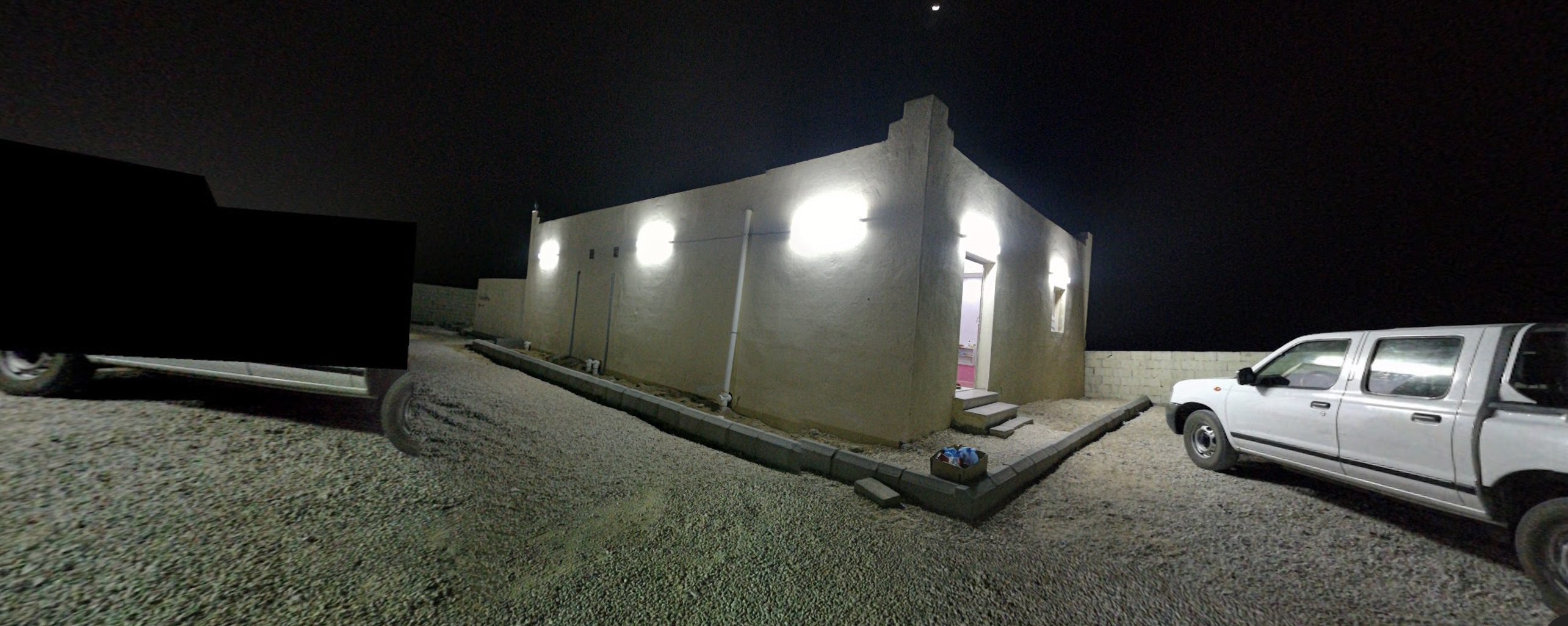Issue 0: Source
Call for Submissions
Call for Submissions
For our first issue, we welcome submissions that reimagine the concept of source. When framed as a single point of origin, “source” reinforces colonial narratives of purity and linear progression.1 Instead, we reflect on the nonlinear paths that led us here.
2
Where might Upstream begin?
How can we reimagine “source” as an ongoing, interconnected process rather than a single point of origin? What are the possibilities, tensions, or limits of this reimagination?
We welcome critical and artistic works that complicate and expand the idea of “source”:
Ecosystems are interactions of bodies and processes that transcend categories of energy, water, and food sources. Where do hydraulic, nutrient, carbon, and phosphorus cycles begin and end? When does free-flowing water become a flood? 3
Spiritual Source
Where do we find practices of worship in everyday life? How does this teach us how to live and act? How might we explore other forms of collective meaning-making that embrace multiplicity, complexity, and interconnection?
What stories, lineages, or citations shape how we know? How are inherited knowledges remixed, appropriated, and practiced? What do citations look like when sources have been silenced, forgotten, or destroyed?4
Social Source
What political moments are we witnessing and when were the seeds sown? What spurs an individual to move and what spurs collective action? When does the gathering of people overflow into solidarity, into protest–into something else?
If the imperative to reimagine “source” involves disrupting colonial narratives of purity and linear progression, we must also remain accountable to the sources of violence we reproduce as future ancestors. 5 What flows downstream from where we stand – both insofar as what has already accumulated and what will accumulate as an upstream to a downstream?
1 These colonial narratives are co-constituted through processes such as Indigenous dispossession, slavery, racial capitalism, and patriarchy. See Michel-Rolph Trouillot (1995), Linda Tuhiwai Smith (1999), Sylvia Wynter (2003), Eve Tuck and K. Wayne Yang (2012),
Boaventura de Sousa Santos (2014), Aileen Moreton-Robinson (2015).
2
Ebbs and flows of momentum archived in Google Docs and Whatsapp messages. Half-baked thoughts and trailing tangents exchanged over pizza, pie, and often tea. Exchanges of the values, desires, and vocabularies each of us have amassed in our own journeys.
3 Anuradha Mathur and Dilip Da Cunha, Mississippi Floods (Yale University Press, 2001).
4 Readers will notice the footnotes scattered throughout this call. We partake in footnoting as a kind of citational practice that engages conversations that came before us and the ongoing conversations we are a part of. See Katherine McKittrick (2021) and Max Liboiron (2021).
5 Kyle Powys Whyte, “Indigenous Science (Fiction) for the Anthropocene: Ancestral Dystopias and Fantasies of Climate Change Crises,” Environment and Planning E: Nature and Space 1 (2018).
3 Anuradha Mathur and Dilip Da Cunha, Mississippi Floods (Yale University Press, 2001).
4 Readers will notice the footnotes scattered throughout this call. We partake in footnoting as a kind of citational practice that engages conversations that came before us and the ongoing conversations we are a part of. See Katherine McKittrick (2021) and Max Liboiron (2021).
5 Kyle Powys Whyte, “Indigenous Science (Fiction) for the Anthropocene: Ancestral Dystopias and Fantasies of Climate Change Crises,” Environment and Planning E: Nature and Space 1 (2018).
Submission Guidelines
We welcome essays, creative writing, visual art, and interdisciplinary experiments. We hope to work with contributors to develop final pieces. You are welcome to submit work that is already finished, but we ask for pitches so that we can engage in an editorial process if your work is selected. You do not need to be affiliated with an institution to submit to Upstream. Pitches are reviewed by an editorial team consisting of both Philly community members and Penn affiliates.
Pitches are accepted on a rolling basis.
- Submit a pitch to upstream.publication@gmail.com with the subject line: UPSTREAM ISSUE 1 SUBMISSION OR submit your pitch through the form below.
- Pitches should include a brief 1-2 sentence biography and an abstract (no more than 300 words). You may optionally attach any sketches, drafts, etc.
Please direct questions to upstream.publication@gmail.com.



